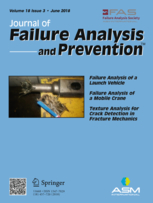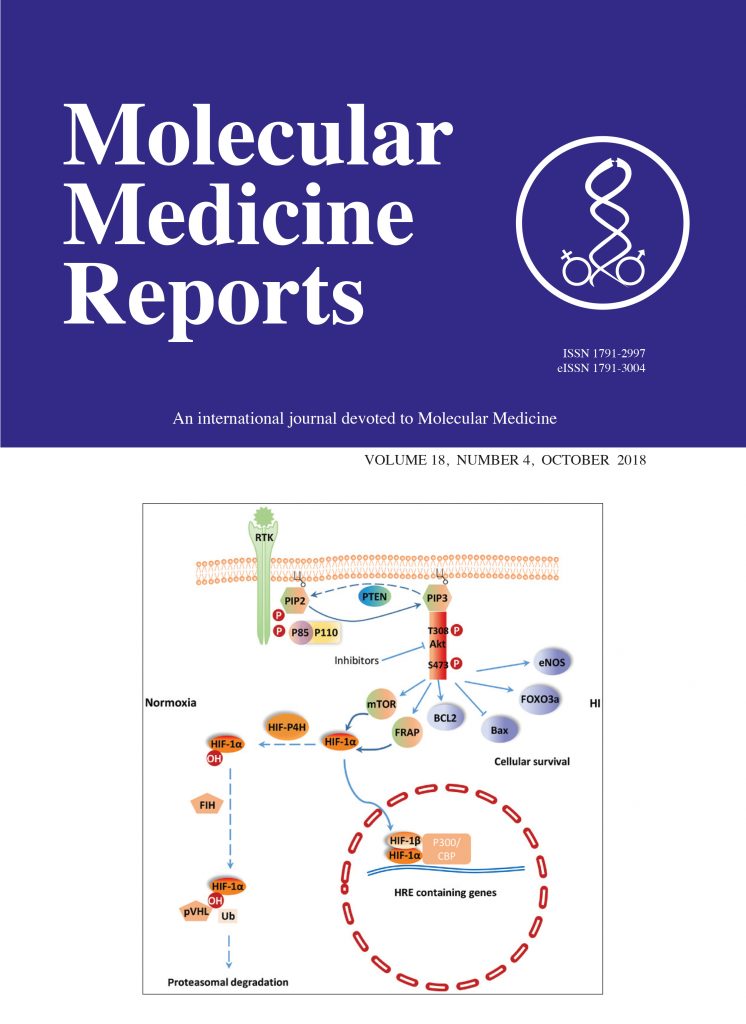
Brian Wansink, the much-beleaguered food marketing researcher at Cornell whose work has fallen under intense scrutiny, has just had six more papers retracted, all from the JAMA family of journals.
[See an update on this post; Wansink has resigned, and Cornell has found that he “committed academic misconduct.”]
JAMA warned readers about the six studies in April, by subjecting them all to expressions of concern, and followed up with print notices in May. Howard Bauchner, editor in chief of JAMA and the JAMA Network journals, told us at the time,
Given the large number of retractions of articles with Dr. Wansink as an author there is uncertainty that the results of his publications are valid.
Today, JAMA announced it was retracting the six articles: Continue reading JAMA journals retract six papers by food marketing researcher Brian Wansink
 The wheels of scientific publishing turn slowly … but they do (sometimes) turn.
The wheels of scientific publishing turn slowly … but they do (sometimes) turn.

 Before we present this week’s Weekend Reads, a question: Do you enjoy our weekly roundup? If so, we could really use your help. Would you consider a
Before we present this week’s Weekend Reads, a question: Do you enjoy our weekly roundup? If so, we could really use your help. Would you consider a  Irony machine, start your engine: A pair of engineers have lost a 2017 paper in the
Irony machine, start your engine: A pair of engineers have lost a 2017 paper in the 


 Dear Retraction Watch readers:
Dear Retraction Watch readers: